Description
A blood glucose monitoring system is an essential medical device used by individuals with diabetes to measure and manage their blood sugar levels. Accurate monitoring is crucial for effective diabetes management, as it helps individuals understand how their diet, physical activity, medications, and other factors affect their blood glucose levels. By providing real-time data, these systems empower users to make informed decisions about their health and diabetes management.
A typical blood glucose monitoring system consists of a glucose meter, test strips, and often a lancing device. The glucose meter is an electronic device that analyzes blood samples to determine glucose levels. Users prick their skin with the lancing device to obtain a small blood sample, which is then placed on a test strip inserted into the glucose meter. After a few seconds, the meter displays the blood sugar level, allowing users to track their glucose readings over time.
Key Features of a Blood Glucose Monitoring System
- Glucose Meter: The central component that provides a digital readout of blood sugar levels, usually featuring a clear display for easy reading.
- Test Strips: Disposable strips that react with glucose in the blood sample to provide a measurement. Different meters may use specific types of strips.
- Lancing Device: A device that holds a small needle (lancet) to prick the skin and obtain a blood sample, often adjustable for depth to reduce discomfort.
- Data Management: Many modern glucose meters offer memory storage to track readings over time, some even sync with mobile apps or computers for advanced data analysis.
- Portability: Most systems are compact and lightweight, making them easy to carry for on-the-go monitoring.
- Alarms and Alerts: Some devices feature alarms that notify users of high or low glucose levels, helping to manage diabetes proactively.
Benefits of Using a Blood Glucose Monitoring System
- Improved Diabetes Management: Regular monitoring enables users to manage their blood glucose levels more effectively, reducing the risk of complications associated with diabetes.
- Real-Time Feedback: Immediate results allow users to make timely decisions about food intake, activity levels, and medication adjustments based on their current blood sugar levels.
- Enhanced Awareness: By tracking glucose levels regularly, users become more aware of how their lifestyle choices impact their diabetes, promoting better health habits.
- Prevention of Complications: Consistent monitoring can help prevent serious complications related to uncontrolled blood sugar levels, such as hypoglycemia or hyperglycemia.
- Customization of Treatment Plans: Data collected from blood glucose readings can help healthcare providers tailor diabetes management plans to individual needs.
Uses of a Blood Glucose Monitoring System
- Daily Glucose Monitoring: Individuals with diabetes use the system regularly to check their blood sugar levels, often several times a day.
- Before and After Meals: Users typically monitor their glucose before and after meals to understand how different foods affect their blood sugar levels.
- Exercise and Activity Tracking: Monitoring glucose levels before and after physical activity helps users understand the impact of exercise on their blood sugar.
- Medication Management: Blood glucose readings can help individuals determine when to take insulin or other medications, ensuring proper management of diabetes.
- Pregnancy Management: Pregnant women with diabetes (gestational diabetes) use glucose monitoring systems to manage their blood sugar levels for the health of both mother and baby.

A blood glucose monitoring system is a vital tool for individuals living with diabetes, enabling them to effectively monitor and manage their blood sugar levels. With key features such as accurate glucose measurement, user-friendly designs, and data management capabilities, these systems empower users to take control of their diabetes. Regular monitoring contributes to better health outcomes by enabling informed lifestyle choices, promoting proactive management, and reducing the risk of complications. As a fundamental aspect of diabetes care, blood glucose monitoring systems enhance users’ quality of life and overall well-being.

 Cart is empty
Cart is empty 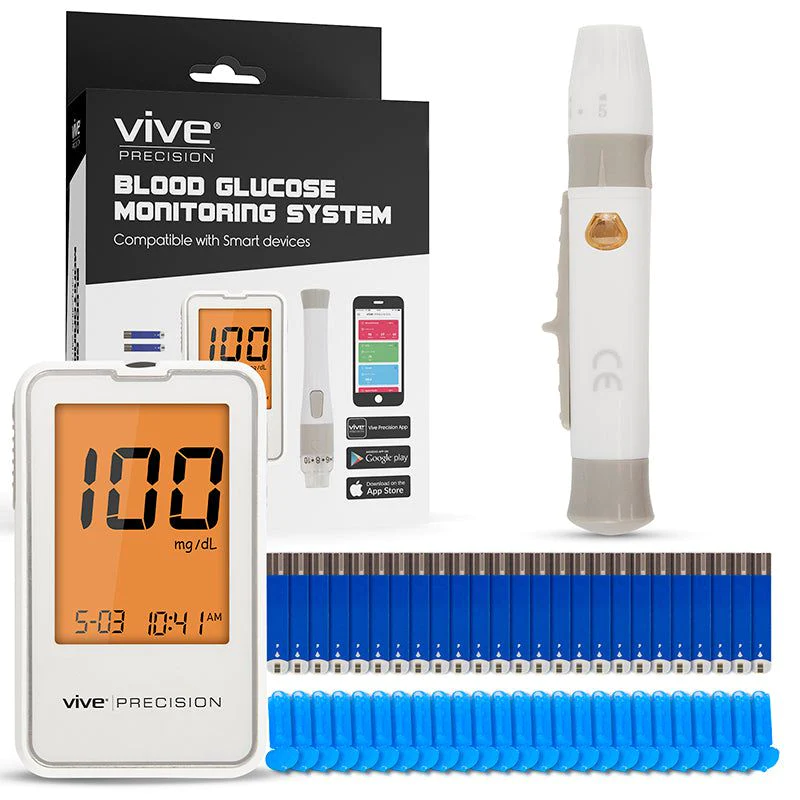
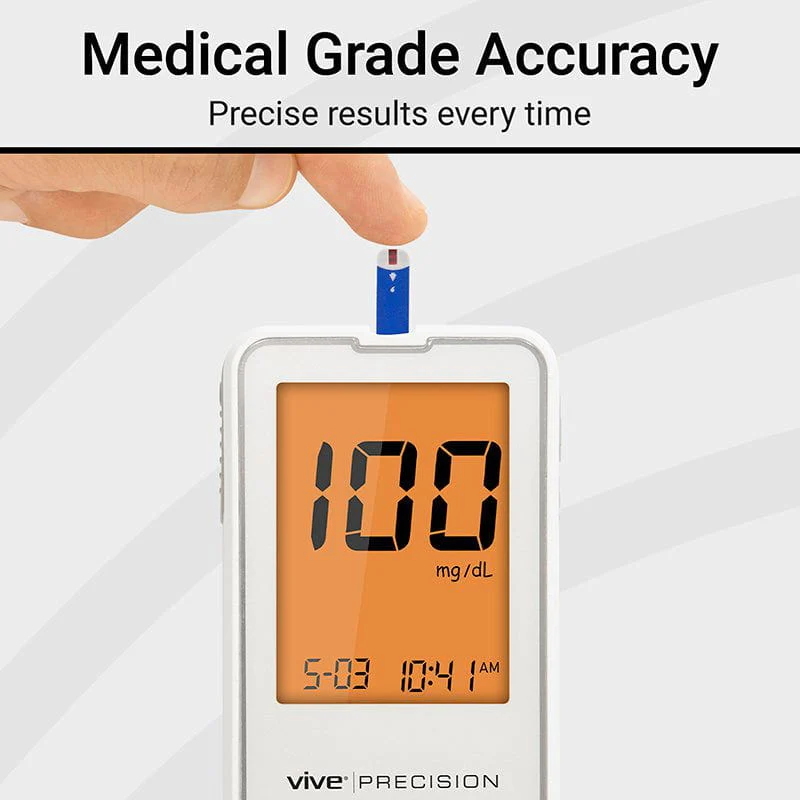

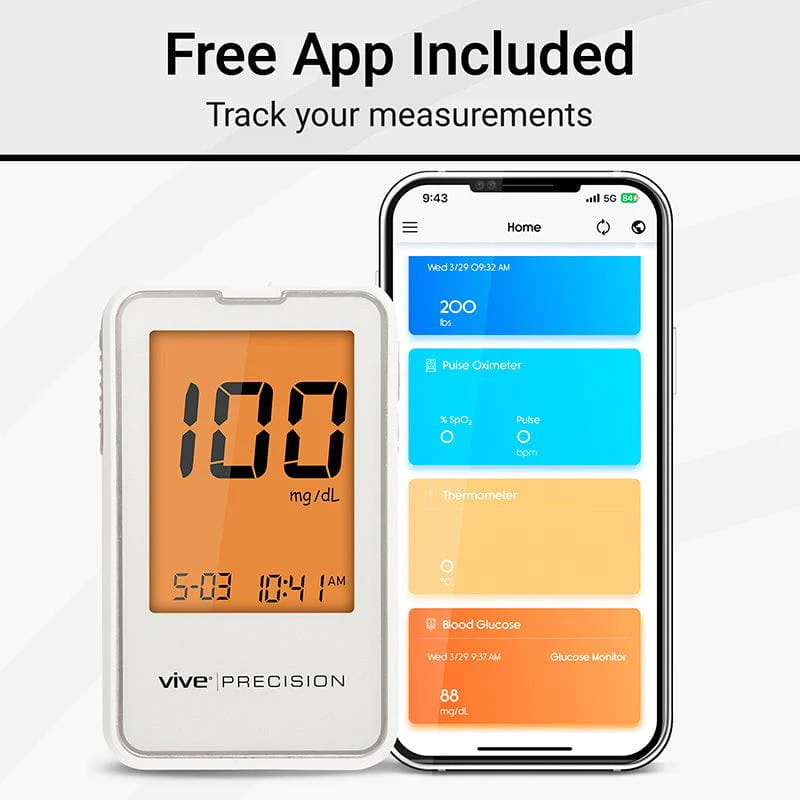
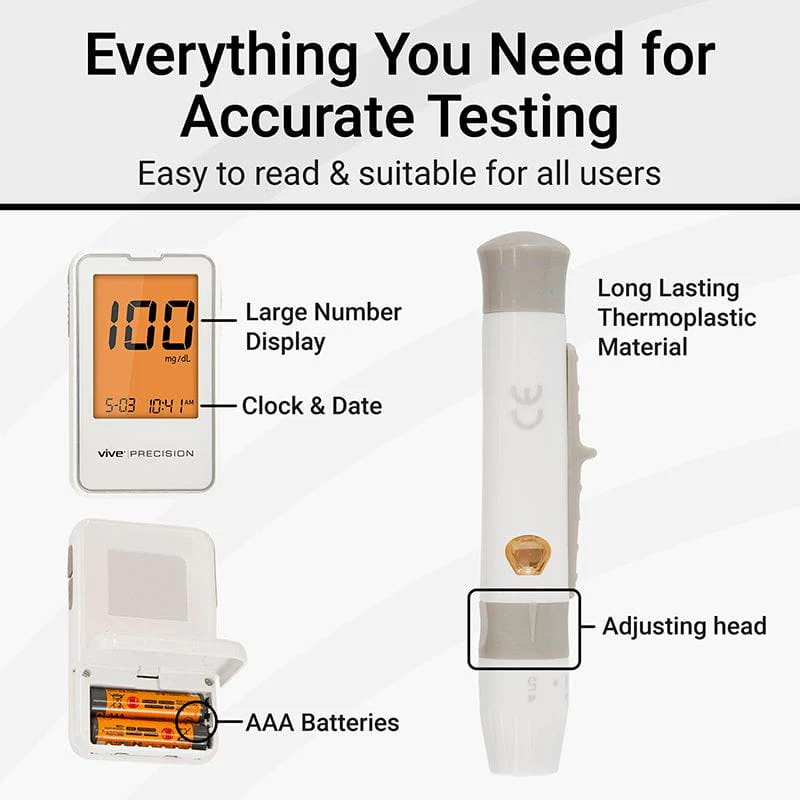
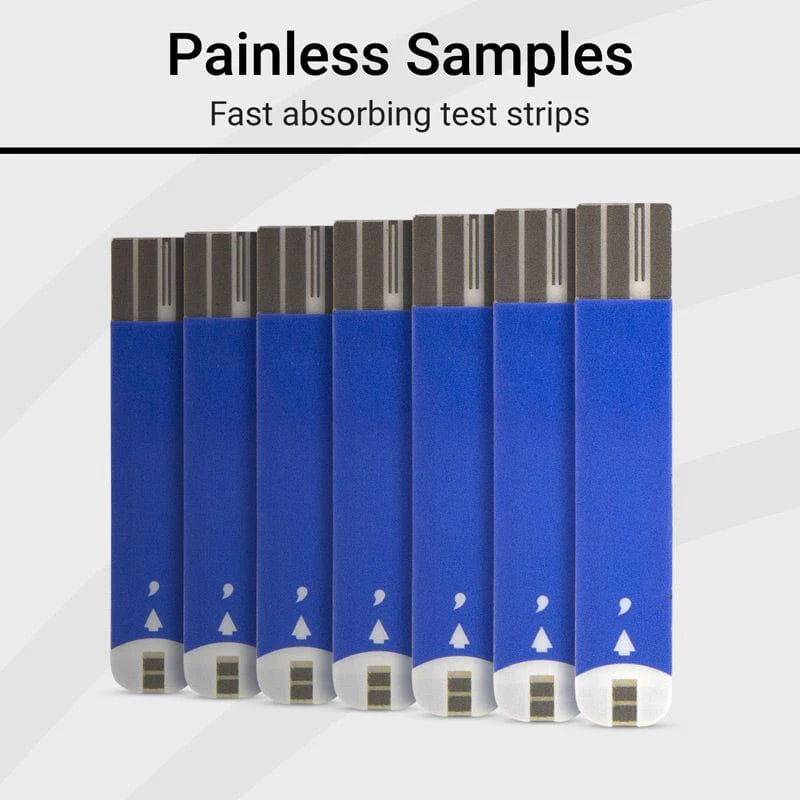
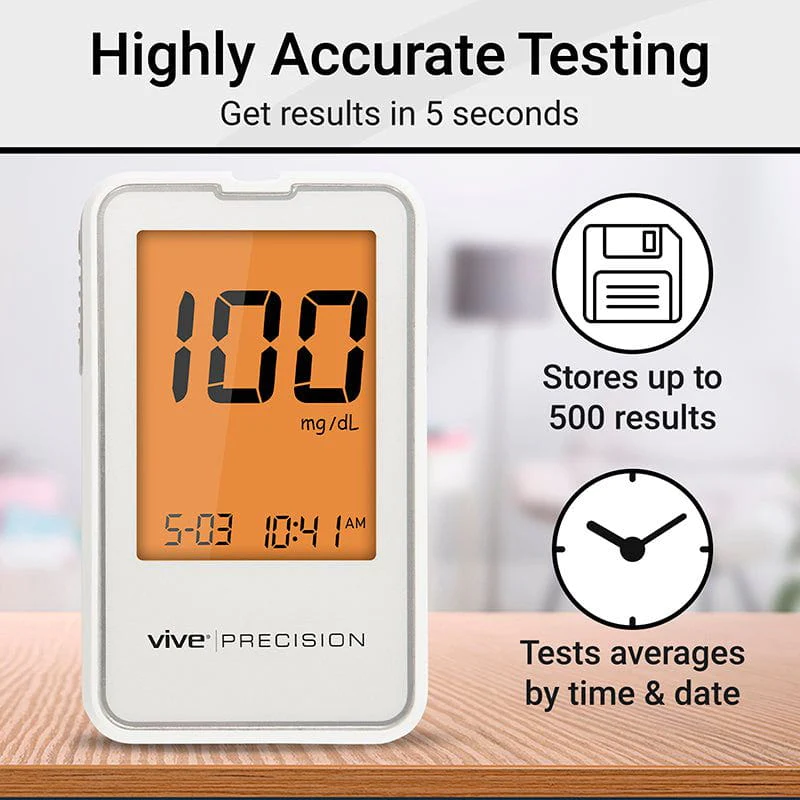
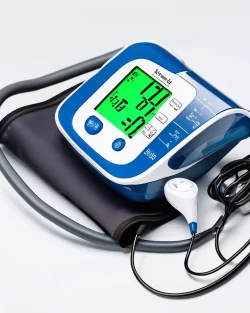
Reviews
There are no reviews yet.